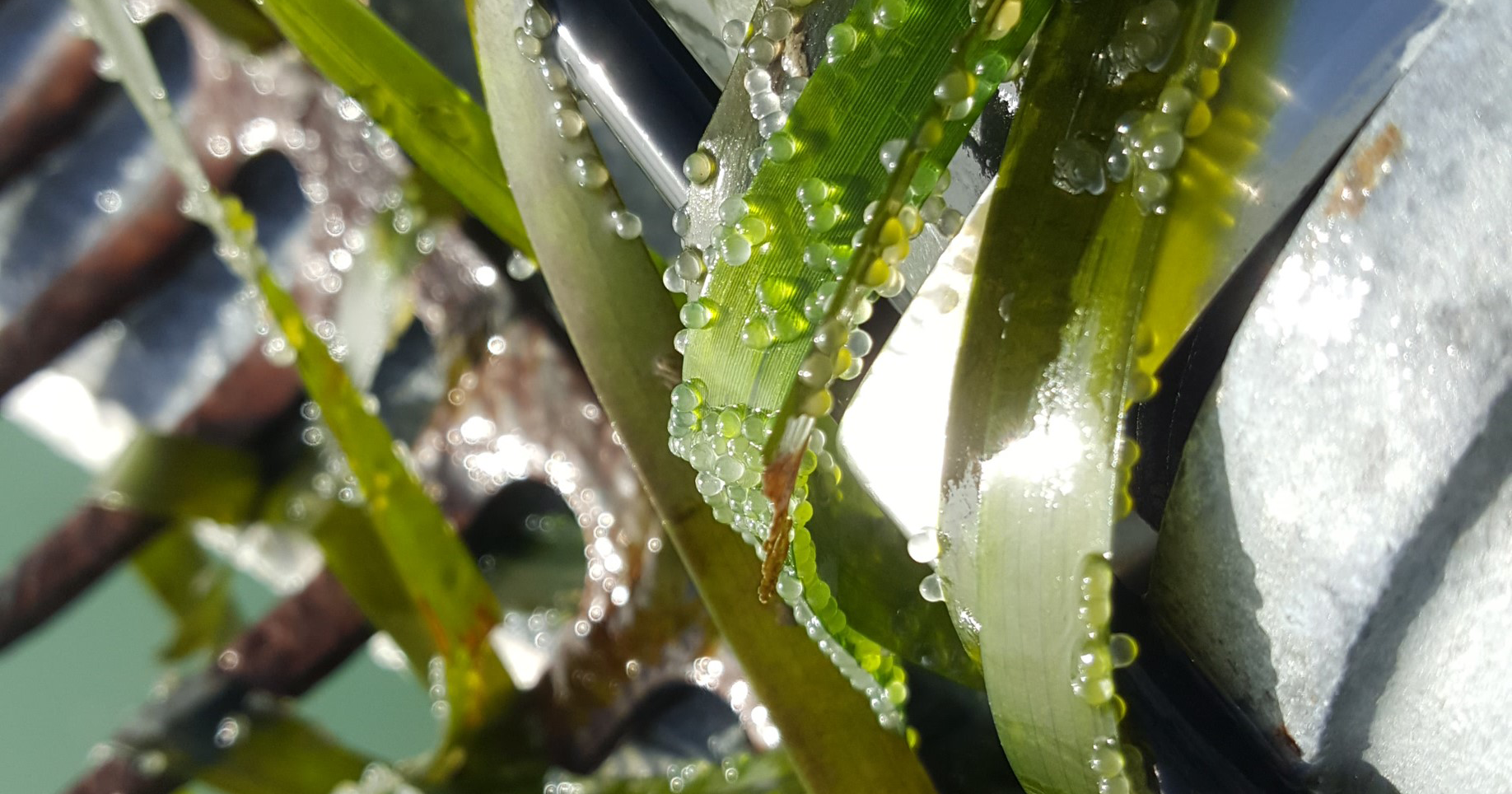VIVIAN TON
I C H T H Y O L O G Y , G R A D U A T E S T U D E N T
Vivian graduated from California State University, Long Beach with a BS in Marine Biology in 2015. During her time as an undergraduate, she did an internship and research project on kelp bass fecundity as part of a collaboration with the California Department of Fish and Wildlife. She has also participated in a study aboard program at Wrigley Marine Science Center where she did her thesis on the relationship between asymmetries in individual strength and resource value and the level of aggression displayed in the garibaldi, Hypsypops rubicundus. While Vivian has a wide range of interests, her current interest is in fisheries conservation and climate change studies.

T H E S I S


